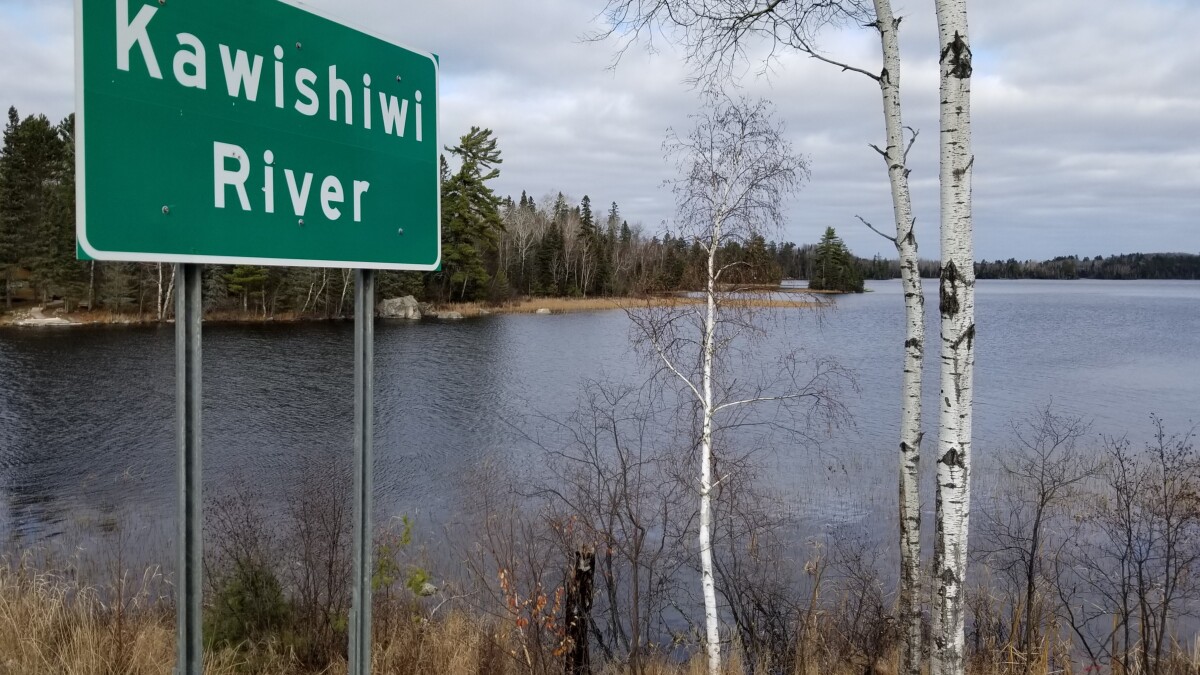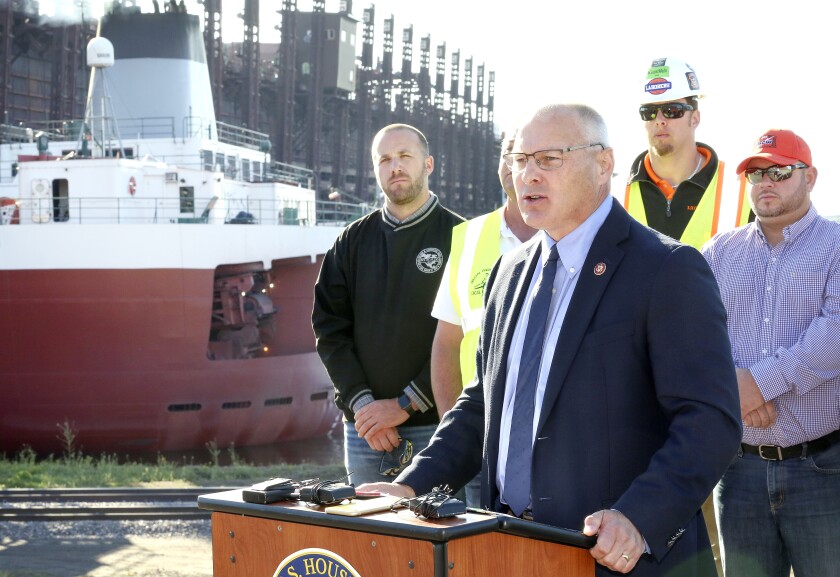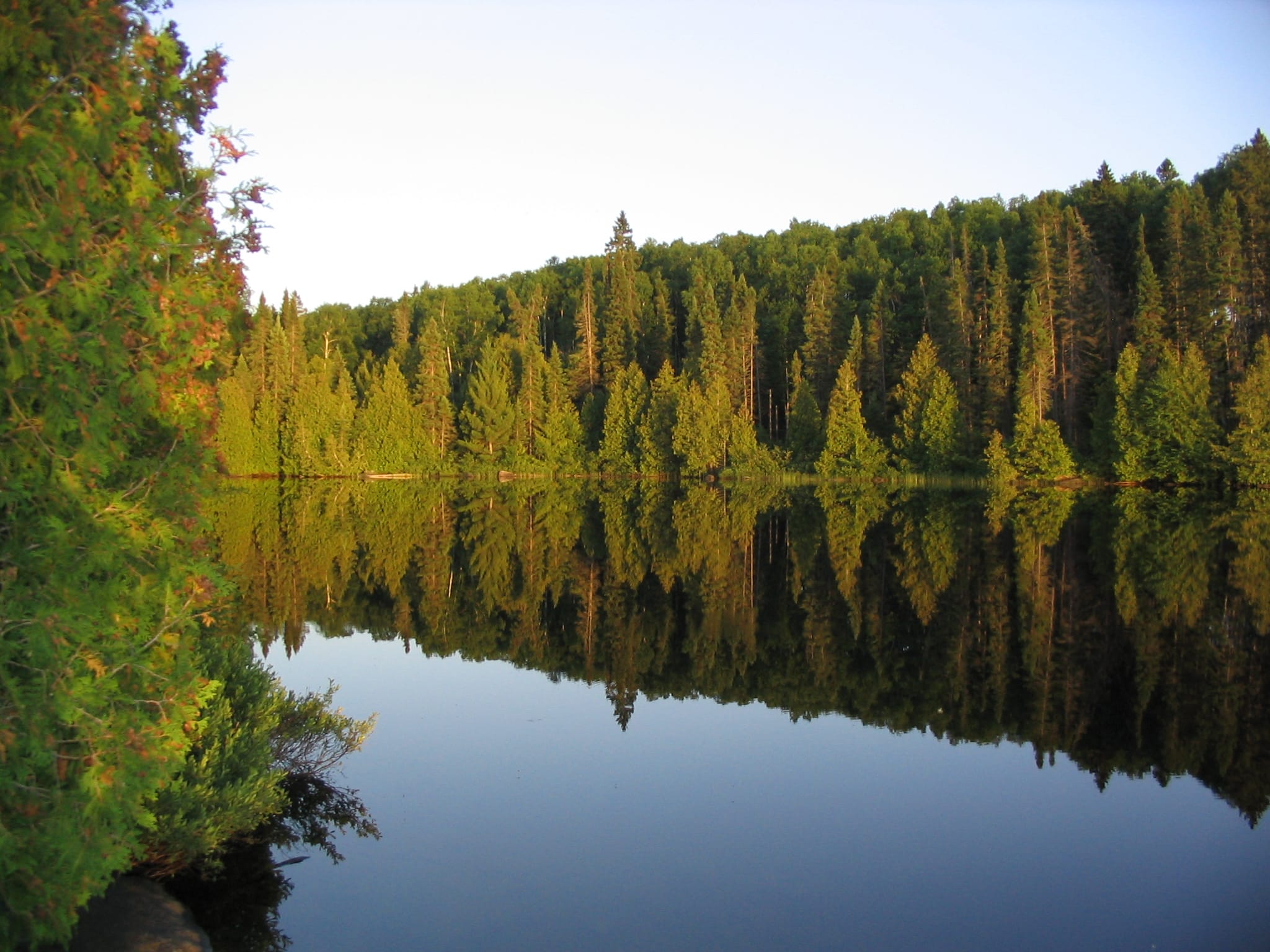The U.S. House of Representatives has taken a significant step by passing a bill aimed at overturning the Biden administration’s mineral withdrawal, which prohibits new mining activities on 225,000 acres of federal land within the watershed of the Boundary Waters Canoe Area Wilderness (BWCAW) until 2043. The bill, known as the Superior National Forest Restoration Act (H.R. 3195), was introduced by Republican Representative Pete Stauber and received bipartisan support.

Partisan Vote and Legislative Implications
In a largely partisan vote of 212-203, with two Democratic representatives joining Republicans in favor, the House approved Rep. Stauber’s bill. However, its prospects in the Democratic-controlled Senate and with President Biden are uncertain. While the bill aims to reverse the mineral withdrawal and expedite mining-related processes within the Superior National Forest, it faces opposition from the Biden administration, which has expressed strong opposition to the legislation. The bill proposes to reissue federal mineral leases to Twin Metals, limit environmental and regulatory reviews of mine plans, and block judicial review of reissued leases or permits. Despite its passage in the House, the bill’s journey through the Senate remains unclear, especially given President Biden’s stance against it.
Stauber’s Perspective and Opposition’s Concerns
Following the House vote, Rep. Stauber emphasized the importance of allowing project-specific reviews based on facts and science rather than outright rejection of mining projects. He argued that the bill aims to address obstacles created by the Biden administration, providing opportunities for responsible mining within the Duluth Complex located in the Superior National Forest. However, Democratic Representative Betty McCollum voiced opposition to the bill, labeling it as unnecessary and harmful. McCollum highlighted the scientific consensus supporting the protection of the watershed and criticized the bill for disregarding public input and limiting judicial review. She argued that the legislation favors pro-mining policies at the expense of environmental protection and public participation.
Historical Context and Policy Reversals
The mineral withdrawal and rejection of Twin Metals’ leases were initially enacted during the Obama administration but were later reversed under the Trump administration. However, these policies were reinstated by the Biden administration, effectively halting Twin Metals’ plans for mining activities near the BWCAW. The House bill represents a legislative attempt to counteract the Biden administration’s policies and restore opportunities for mining in the Superior National Forest.

As the bill advances to the Senate, its fate remains uncertain, with stakeholders closely monitoring its progress and potential implications for environmental conservation and resource development in the region.
